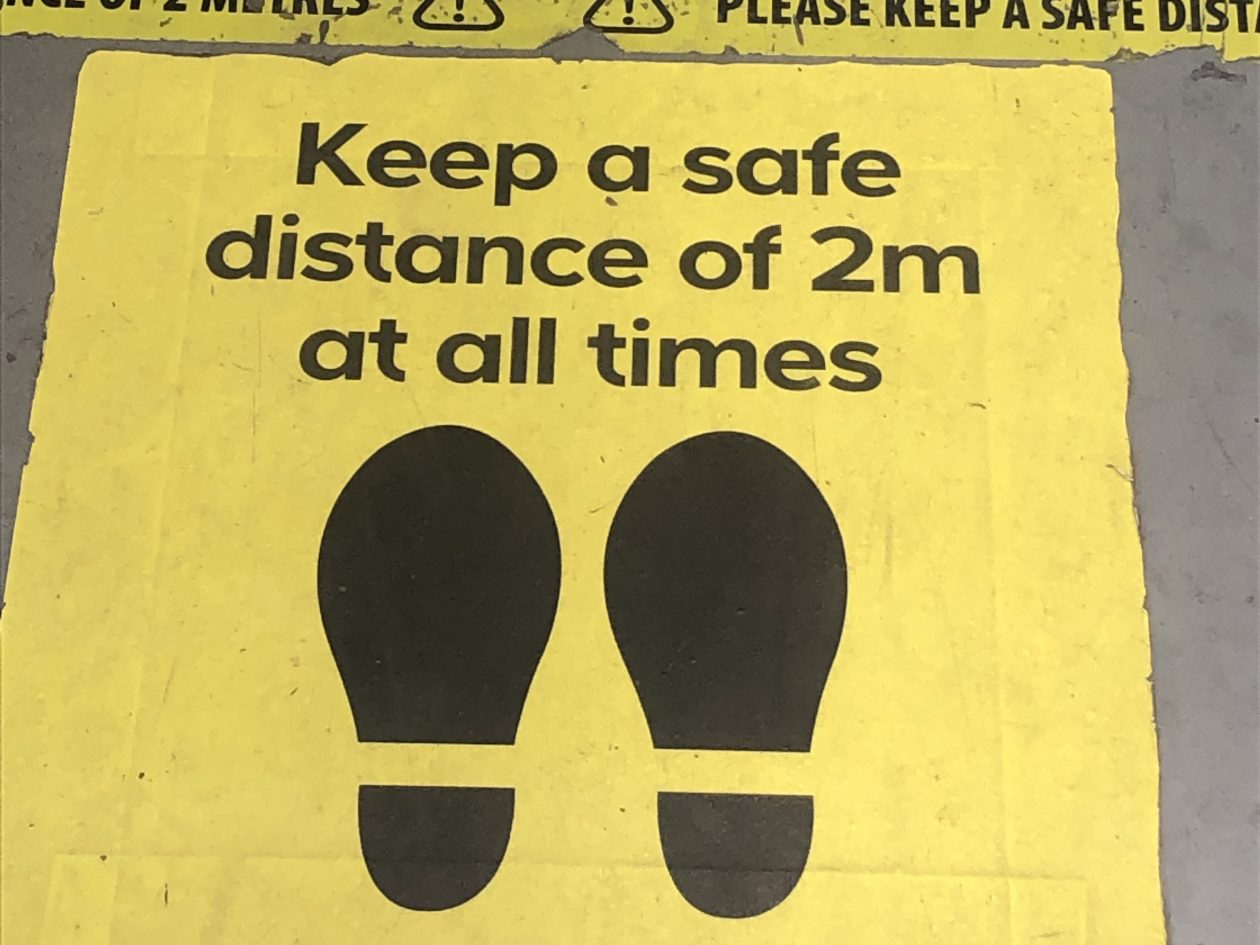The United Nations University World Institute for Development Economics Research (UNU-WIDER) has published a new WIDER Working Paper on ‘The role of automatic stabilizers and emergency tax–benefit policies during the COVID-19 pandemic in Ecuador’ by H. Xavier Jara, Lourdes Montesdeoca and Iva Tasseva.
The analysis makes use of ECUAMOD, the tax-benefit microsimulation model for Ecuador, to quantify the distributional effects of COVID-19 in Ecuador and the role of tax–benefit policies in attenuating the immediate impact of the crisis.
The research shows a dramatic increase in poverty and inequality between December 2019 and June 2020. The poverty rate, measured with the national poverty line, increases from 25.7% to 58.2% over this period and extreme poverty increases from 9.2% to 38.6%. The Gini coefficient increases substantially from 0.461 to 0.592.
The COVID-related Family Protection Grant implemented by the government cushions the economic impact of the pandemic for families in the poorest income decile but plays a minor role in mitigating the effect of earnings losses on poverty and inequality.
